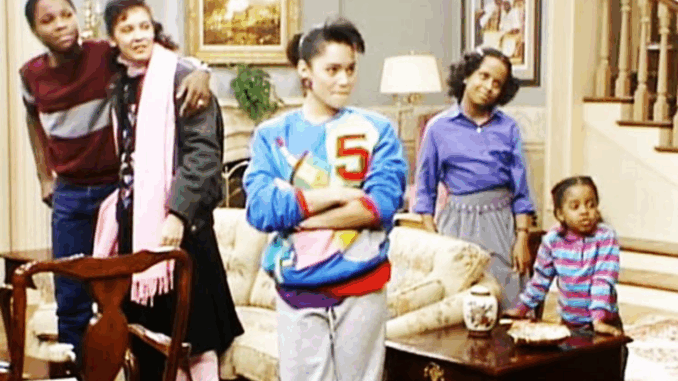
“The Cosby Show,” which graced television screens from 1984 to 1992, remains a significant cultural touchstone. For many, it was a groundbreaking sitcom that offered a refreshing portrayal of a successful and loving African American family, the Huxtables. Led by the charismatic Cliff Huxtable, played by Bill Cosby, the show depicted a world of warmth, humor, and relatable family dynamics.
The series broke away from stereotypical portrayals of Black families in media at the time. It showcased a doctor father and a lawyer mother raising their five children in a comfortable Brooklyn brownstone. The Huxtables navigated everyday challenges and celebrated triumphs with intelligence, wit, and genuine affection. This positive representation resonated deeply with audiences of all backgrounds, making “The Cosby Show” a ratings juggernaut and earning numerous accolades.
The show’s influence extended beyond entertainment. It subtly addressed social issues, promoted the importance of education, and fostered a sense of pride and possibility within the African American community. The Huxtable children, Denise, Theo, Vanessa, Rudy, and Sondra, each offered unique perspectives and experiences that viewers could connect with. The show’s emphasis on strong family values and open communication left a lasting impact on how families were portrayed on television.
However, the legacy of “The Cosby Show” has been irrevocably tarnished by the numerous allegations of sexual assault against Bill Cosby that surfaced decades after the show’s conclusion. These disturbing revelations have led to a significant re-evaluation of the show and its central figure. For many viewers, it has become impossible to separate the beloved character of Cliff Huxtable from the deeply troubling actions of the actor who portrayed him.
This has created a complex and painful dilemma for those who once cherished the show. The nostalgia and positive memories associated with “The Cosby Show” now exist alongside the stark reality of the accusations against its star. This necessitates a critical lens when revisiting the series, acknowledging its historical significance while also confronting the serious allegations that have overshadowed its legacy.
Ultimately, “The Cosby Show” serves as a potent reminder of the complexities inherent in celebrity and the importance of holding individuals accountable for their actions, regardless of their public persona. While its cultural impact on television and the portrayal of Black families remains undeniable, its legacy is now inextricably linked to the controversies surrounding Bill Cosby, prompting a necessary and ongoing re-evaluation.
